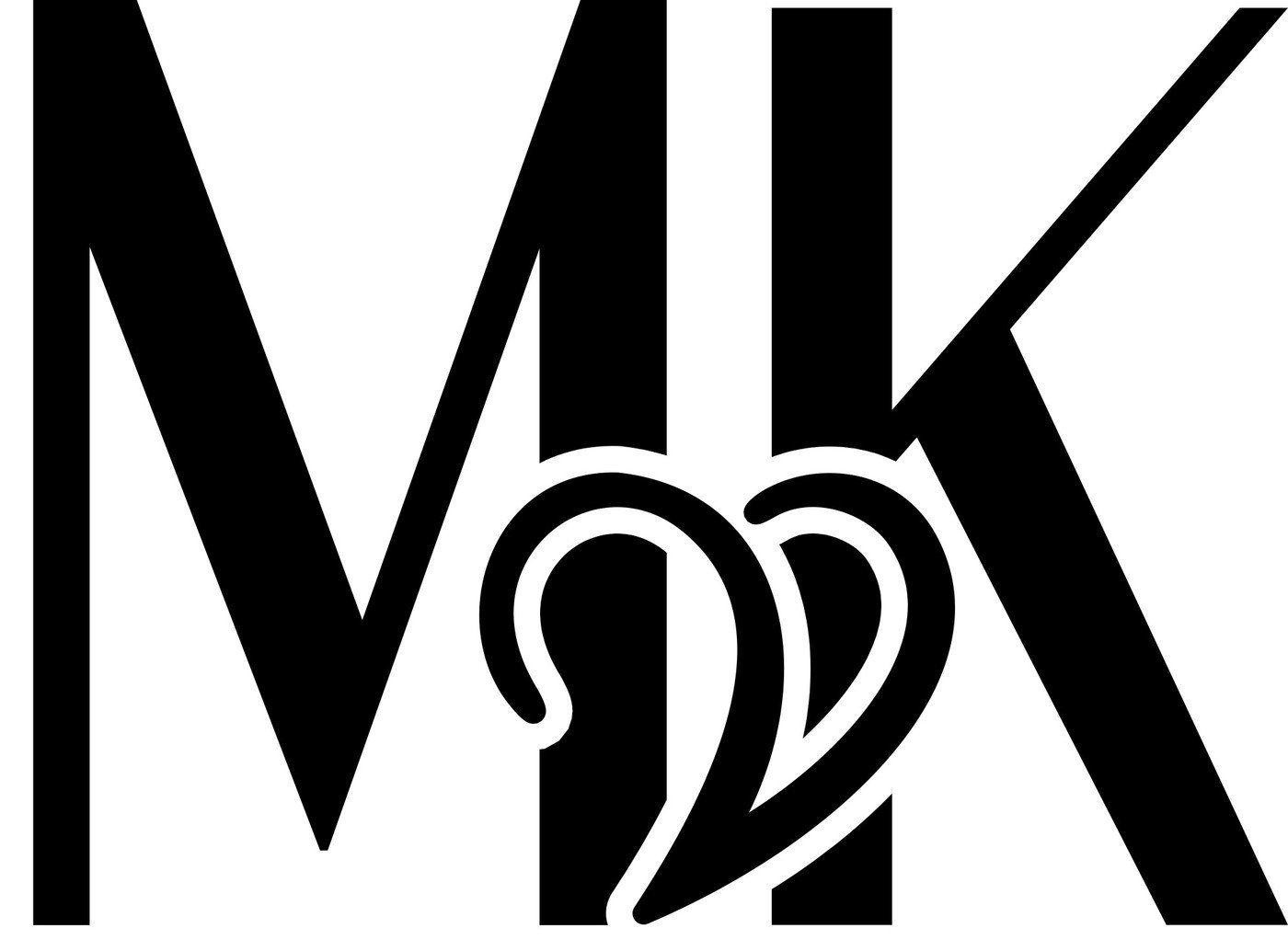Ever wondered what an MKV file is and why it's causing such a stir in the digital world? Well, buckle up, my friend, because we're about to take you on a journey through the ins and outs of this incredible media container. MKV, short for Matroska Video, is more than just a file type—it's a game-changer in how we store and enjoy multimedia content.
Picture this: you're downloading your favorite movie, and instead of the usual MP4 or AVI, you're greeted with an unfamiliar extension—.mkv. At first glance, it might seem intimidating, but trust me, MKV is here to revolutionize your viewing experience. This format isn't just about videos; it's a powerhouse that can bundle multiple audio tracks, subtitles, and even chapters into one neat package.
So, whether you're a tech enthusiast, a movie buff, or simply someone who wants to understand what all the fuss is about, this article will break it down for you. We'll cover everything from the basics of what an MKV file is to its advantages, drawbacks, and how you can use it to enhance your digital life. Let's dive in!
Read also:5 Movierulz Your Ultimate Guide To Streaming Movies In 2023
What is an MKV File?
Let's start with the basics. An MKV file, also known as Matroska Video, is a multimedia container format that can hold an unlimited number of audio, video, picture, and subtitle tracks in a single file. Think of it as a digital Swiss Army knife for your media needs. Unlike other formats, MKV is designed to be future-proof, meaning it can adapt to new technologies as they emerge.
Here's the kicker: MKV isn't just about videos. It's a versatile format that supports high-quality codecs like H.264 and H.265, ensuring your files are both compact and crystal clear. Plus, it's open-source, which means no pesky licensing fees to worry about. So, whether you're a content creator or a consumer, MKV has got your back.
Why Choose MKV Over Other Formats?
Now that we know what MKV is, let's talk about why it's worth considering over other formats. Here are a few reasons why MKV stands out:
- Flexibility: MKV can handle multiple audio and subtitle tracks, making it ideal for multilingual content.
- Quality: With support for advanced codecs, MKV ensures top-notch video and audio quality without bloating your file size.
- Compatibility: While not all devices support MKV out of the box, most modern media players can handle it without a hitch.
- Future-Proof: As an open-source format, MKV is constantly evolving to meet the demands of the digital age.
So, if you're looking for a format that can grow with you, MKV is definitely worth a shot.
How to Play MKV Files
One of the most common questions people have about MKV is, "How do I play these files?" Fear not, because playing MKV files is easier than you think. Most modern media players, like VLC, MPC-HC, and KMPlayer, support MKV natively. If your preferred player doesn't, you can usually install a codec pack to enable support.
Here's a quick guide to playing MKV files:
Read also:Hdhub4u Movies Download Your Ultimate Guide To Streaming And Downloading Movies
- Download and install a compatible media player, such as VLC Media Player.
- Open the player and navigate to the "File" or "Open File" option.
- Select your MKV file from your computer and hit play.
Voila! You're now streaming your MKV file in all its glory.
Advantages of Using MKV
Let's dive deeper into the benefits of using MKV. Here are some of the top advantages:
1. Multitrack Support
One of the standout features of MKV is its ability to support multiple audio and subtitle tracks. This means you can enjoy your content in multiple languages or with different audio options, all within a single file. No more juggling between different files or dealing with messy external subtitles.
2. High-Quality Compression
MKV uses advanced codecs to compress your files without sacrificing quality. This means you can store more content on your devices without worrying about storage space. Plus, the videos will look sharper and clearer than ever before.
3. Open-Source and Free
Unlike some proprietary formats, MKV is open-source, meaning anyone can use it without paying a dime. This also ensures that the format remains transparent and adaptable, with no hidden fees or restrictions.
Drawbacks of MKV
Of course, no format is perfect, and MKV is no exception. Here are a few potential downsides to consider:
- Device Compatibility: Not all devices support MKV out of the box, so you might need to convert your files or install additional software.
- File Size: While MKV files are generally smaller than other formats, they can still be large depending on the content and quality settings.
- Learning Curve: If you're new to MKV, there might be a bit of a learning curve when it comes to understanding how to use and manage these files.
Despite these drawbacks, many users find that the benefits of MKV far outweigh the downsides.
How to Convert Files to MKV
If you're sold on MKV but have a bunch of files in other formats, don't worry—you can easily convert them. There are plenty of free and paid tools available that can handle the conversion process for you. Some popular options include:
- HandBrake: A free and open-source tool that's great for converting videos to MKV.
- Freemake Video Converter: Another free option that supports a wide range of formats.
- Format Factory: A versatile converter that can handle almost any file type you throw at it.
Just remember to choose a tool that supports the codecs you need and offers good quality settings to ensure your converted files look as good as the originals.
Common MKV Issues and How to Fix Them
Even with its many advantages, MKV isn't without its quirks. Here are some common issues users might encounter and how to fix them:
1. Playback Problems
If your MKV file isn't playing properly, it could be due to missing codecs or incompatible settings. Try updating your media player or installing a codec pack to resolve the issue.
2. Subtitle Sync Issues
Subtitles not syncing correctly? This can happen if the file was poorly encoded or if the player settings are off. You can use tools like Subtitle Workshop or Aegisub to adjust the timing and get everything back in sync.
3. Large File Sizes
While MKV files are generally efficient, some may still end up being larger than expected. To reduce file size without losing quality, try re-encoding the video with a more advanced codec or adjusting the bitrate settings.
Is MKV the Right Choice for You?
Now that we've covered the basics, let's talk about whether MKV is the right choice for your needs. If you're someone who values flexibility, quality, and future-proofing, then MKV is definitely worth considering. However, if you prioritize ease of use and device compatibility, you might want to weigh your options carefully.
Ultimately, the decision comes down to your personal preferences and how you plan to use the files. Whether you're a casual viewer or a professional content creator, MKV has something to offer everyone.
Conclusion
So there you have it, folks—a comprehensive look at what MKV is and why it matters. From its ability to bundle multiple tracks into one file to its support for advanced codecs, MKV is a format that truly stands out in the crowded world of digital media.
Before we wrap up, here's a quick recap of the key points we've covered:
- MKV is a versatile multimedia container format that supports multiple audio, video, and subtitle tracks.
- It offers high-quality compression, open-source compatibility, and future-proofing.
- While it has some drawbacks, such as device compatibility issues, the benefits often outweigh the downsides.
Now that you know what MKV is and how to use it, it's time to take action! Whether you're converting your files, downloading new content, or simply experimenting with the format, MKV is a great way to enhance your digital experience.
Don't forget to leave a comment below and share your thoughts on MKV. Are you already using it, or are you planning to give it a try? And if you found this article helpful, be sure to check out our other guides for more tips and tricks!
Table of Contents
- What is an MKV File?
- Why Choose MKV Over Other Formats?
- How to Play MKV Files
- Advantages of Using MKV
- Drawbacks of MKV
- How to Convert Files to MKV
- Common MKV Issues and How to Fix Them
- Is MKV the Right Choice for You?
- Conclusion


